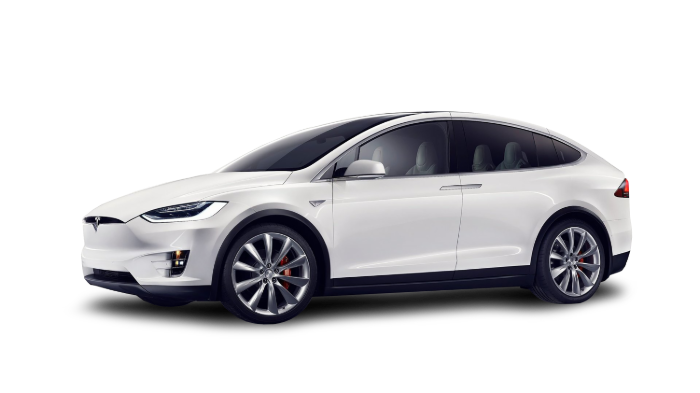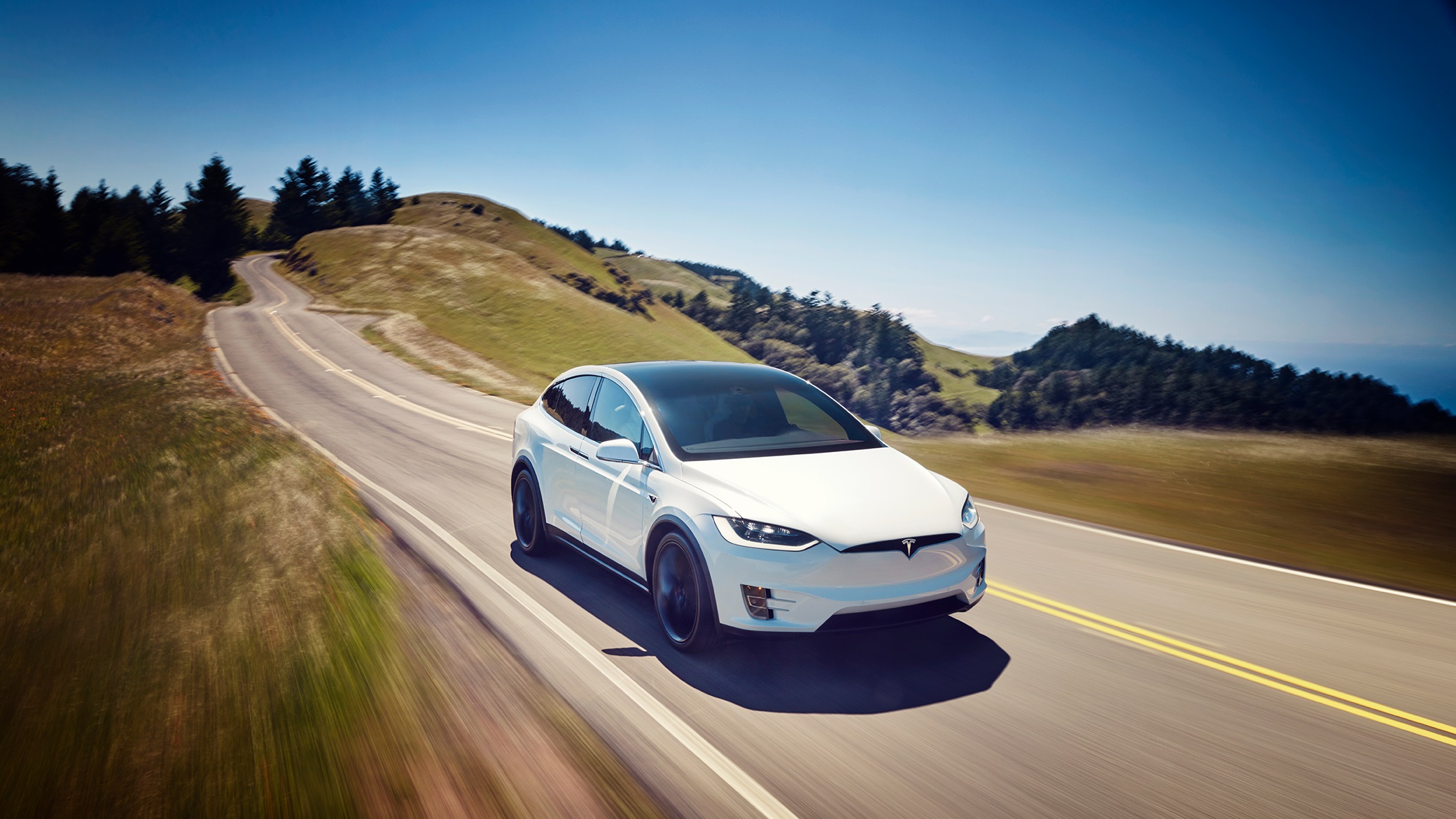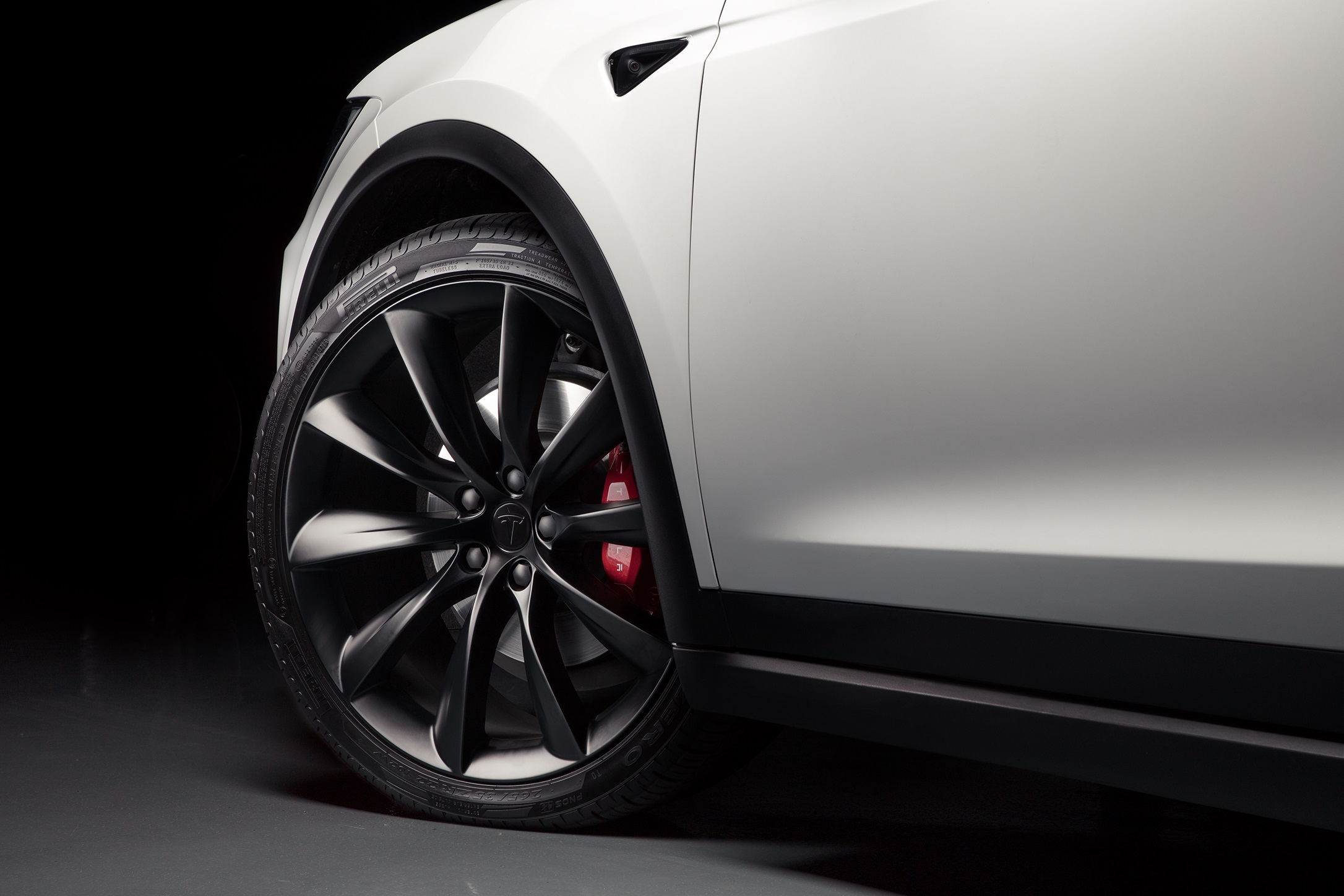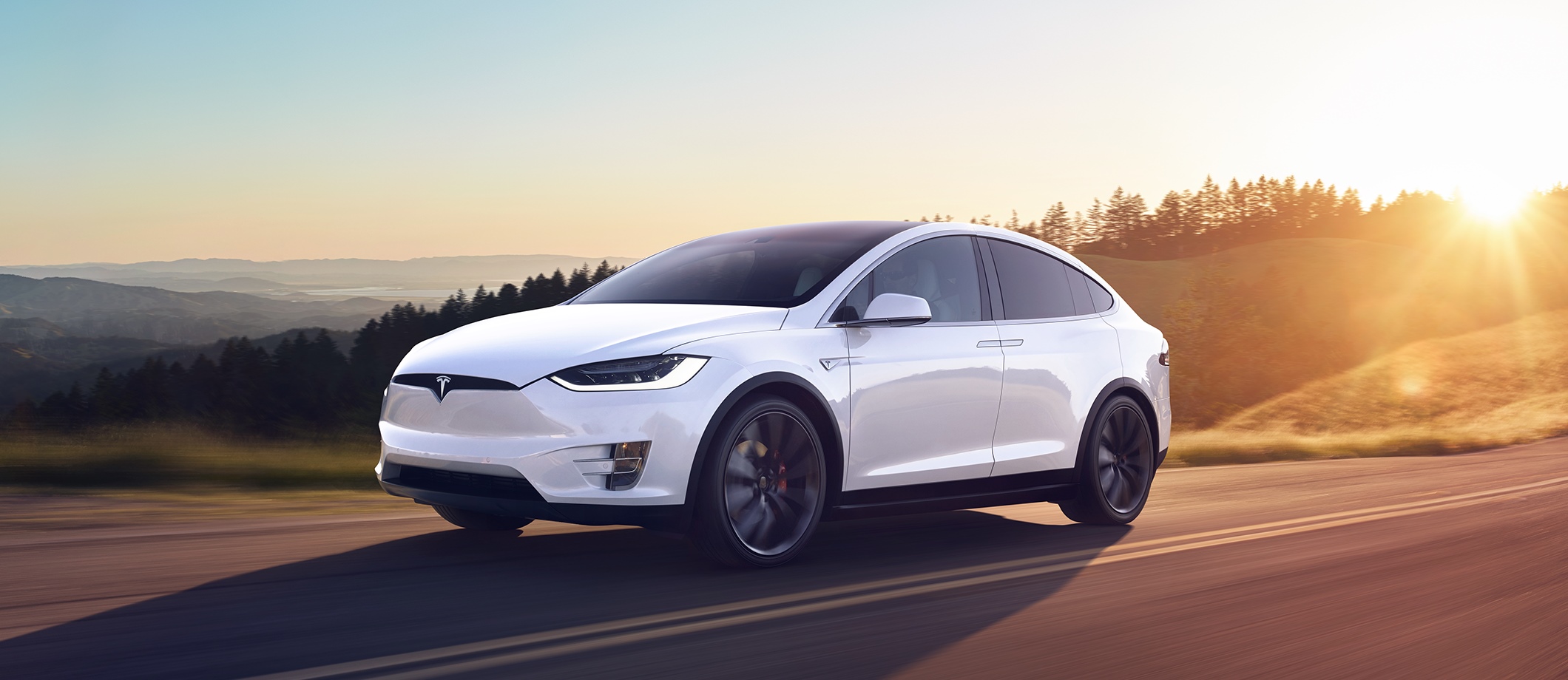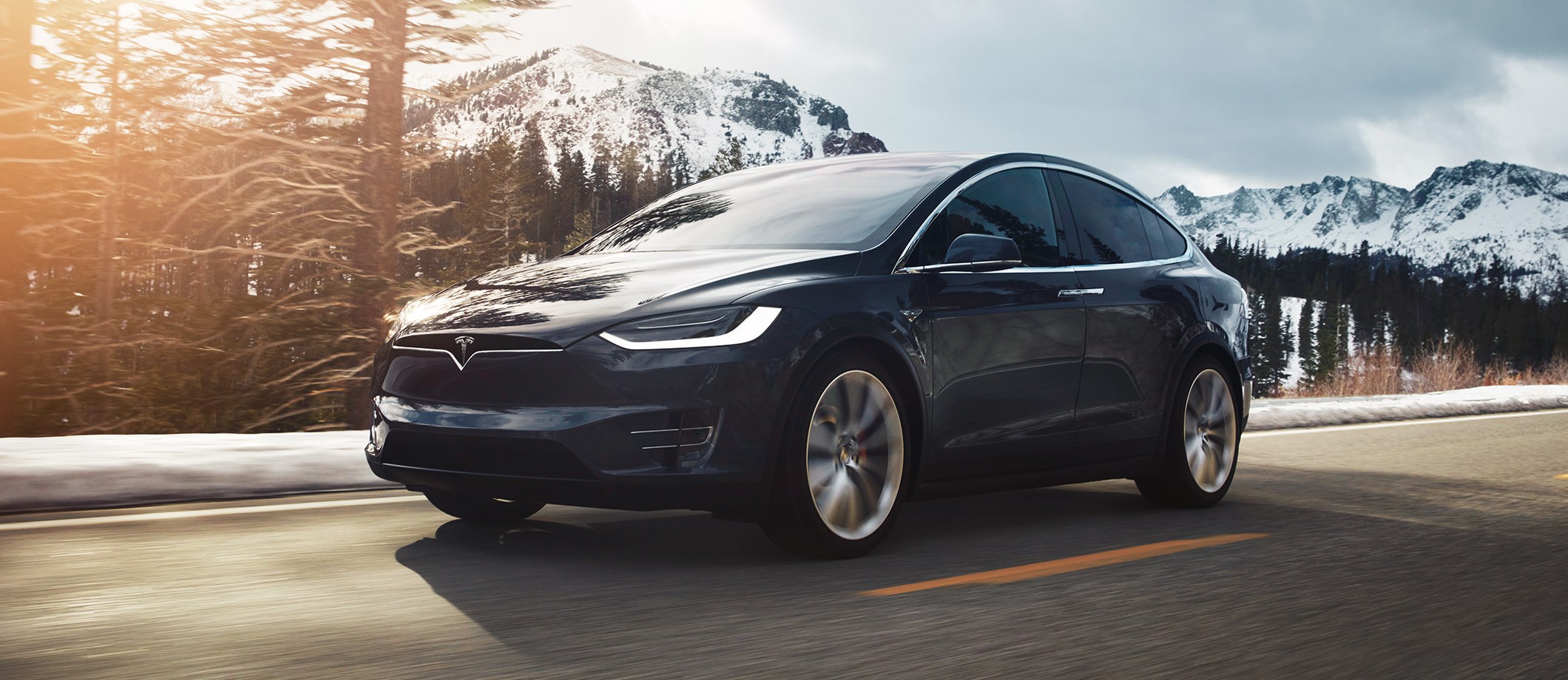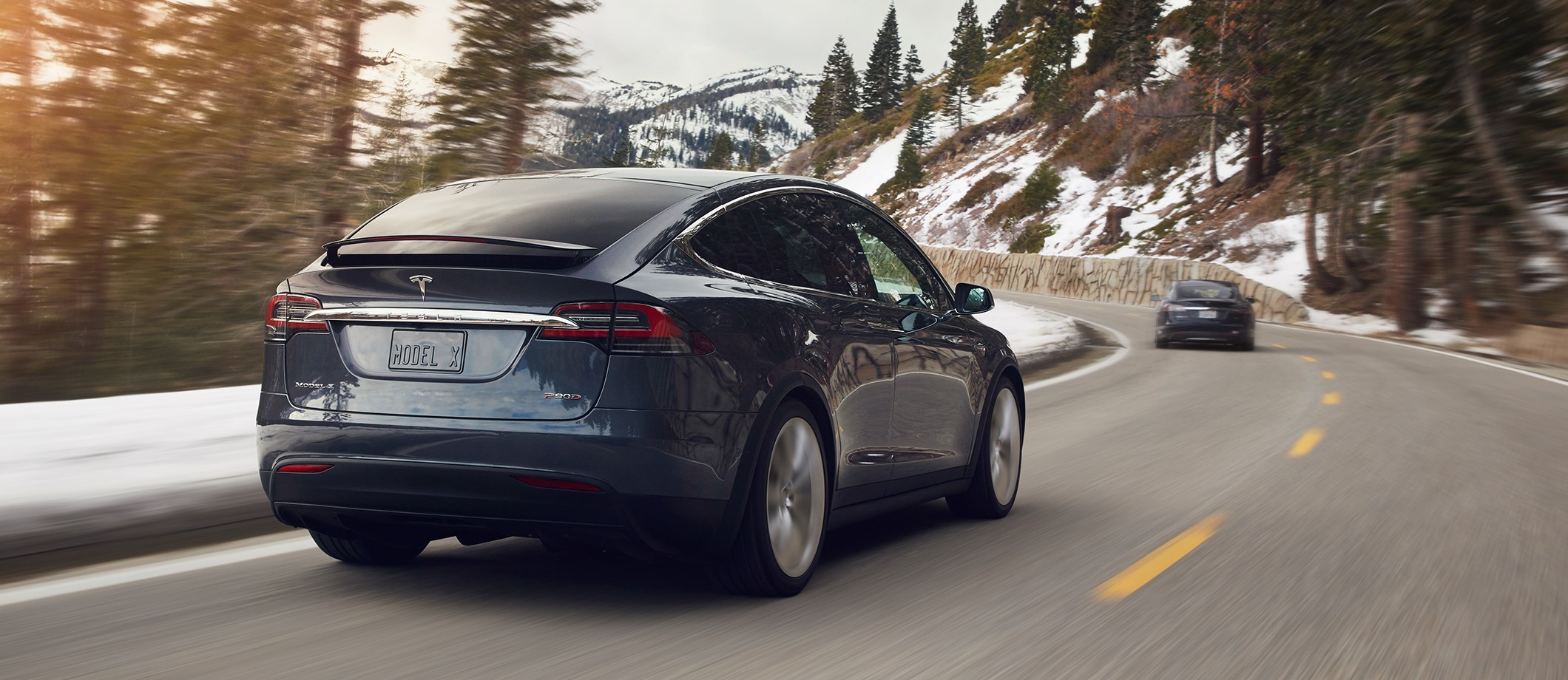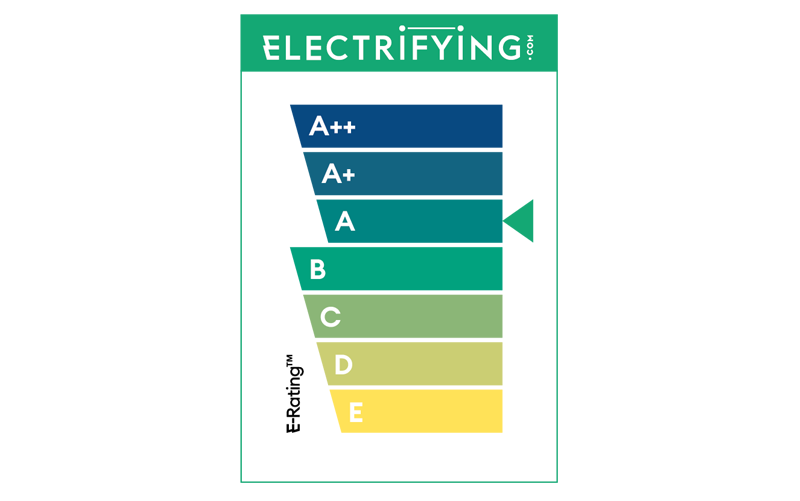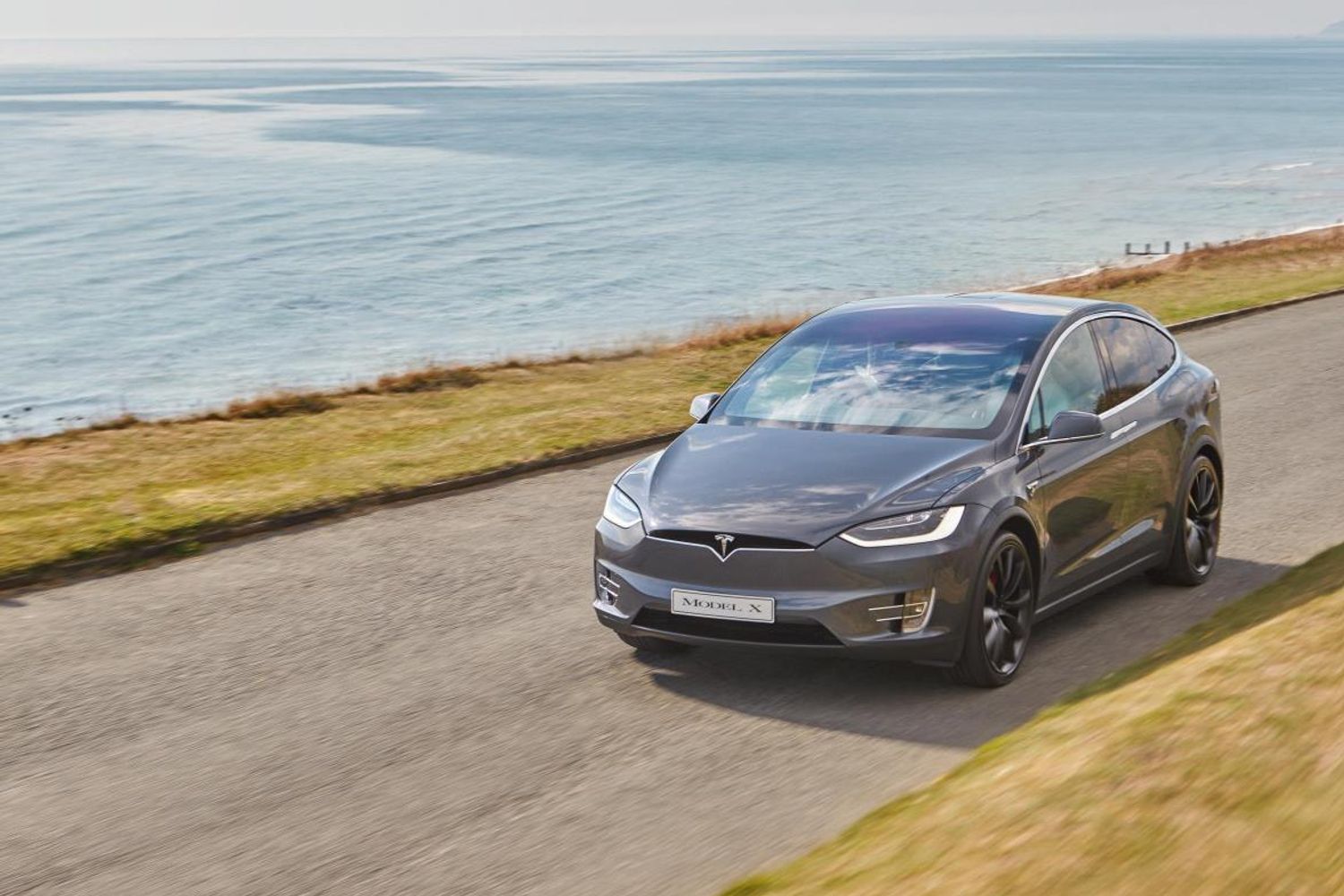Pricing
Tesla changes its prices so often that it’s difficult to know when is best time to buy – it’s a little like those sofa shops which constantly have sales. But whenever you take the plunge, you can be sure that the Model X is never going to be cheap - most will have a price of around £100,000 by the time you’ve added a few options to the list price.
For example, metallic paint is £1,450. A wheel upgrade is a massive £5,400 and adding the extra row to make it a seven-seater costs £3,400.
The Long Range is the cheaper version, and is currently around £14,000 less than the Performance – that’s enough to buy a Ford Fiesta. Only a few buyers will pay cash for a Model X though – most will finance it, with a monthly cost of around £1,200 a month. It’s a lot compared to conventional rivals like the Audi Q7 and Range Rover, but seems more reasonable next to high-performance exotic cars which have similar performance.
Running costs
Cars with a £100,000+ price tag are never going to be cheap to run, but the costs of keeping a Model X on the road will come as a welcome surprise to drivers who are used to running a Range Rover or high-performance saloon – especially if it is provided to you as a company car.
Firstly, there’s the ‘fuel’ cost. Even a diesel car of this size will struggle to get 30 miles out of a £6 gallon, while a Model X charged at home will be able to go at least 100 miles for the same cost.
If you are running a Model X as a company car, the savings are simply enormous, thanks to changes in the rules around taxation. Choose a rival like the Audi SQ7 and a high-rate tax payer would have to pay more than £20,000 in extra income tax every year. The cost for the Tesla in the 2020/21 period will be zero, rising to just £600 in 2021/22.










